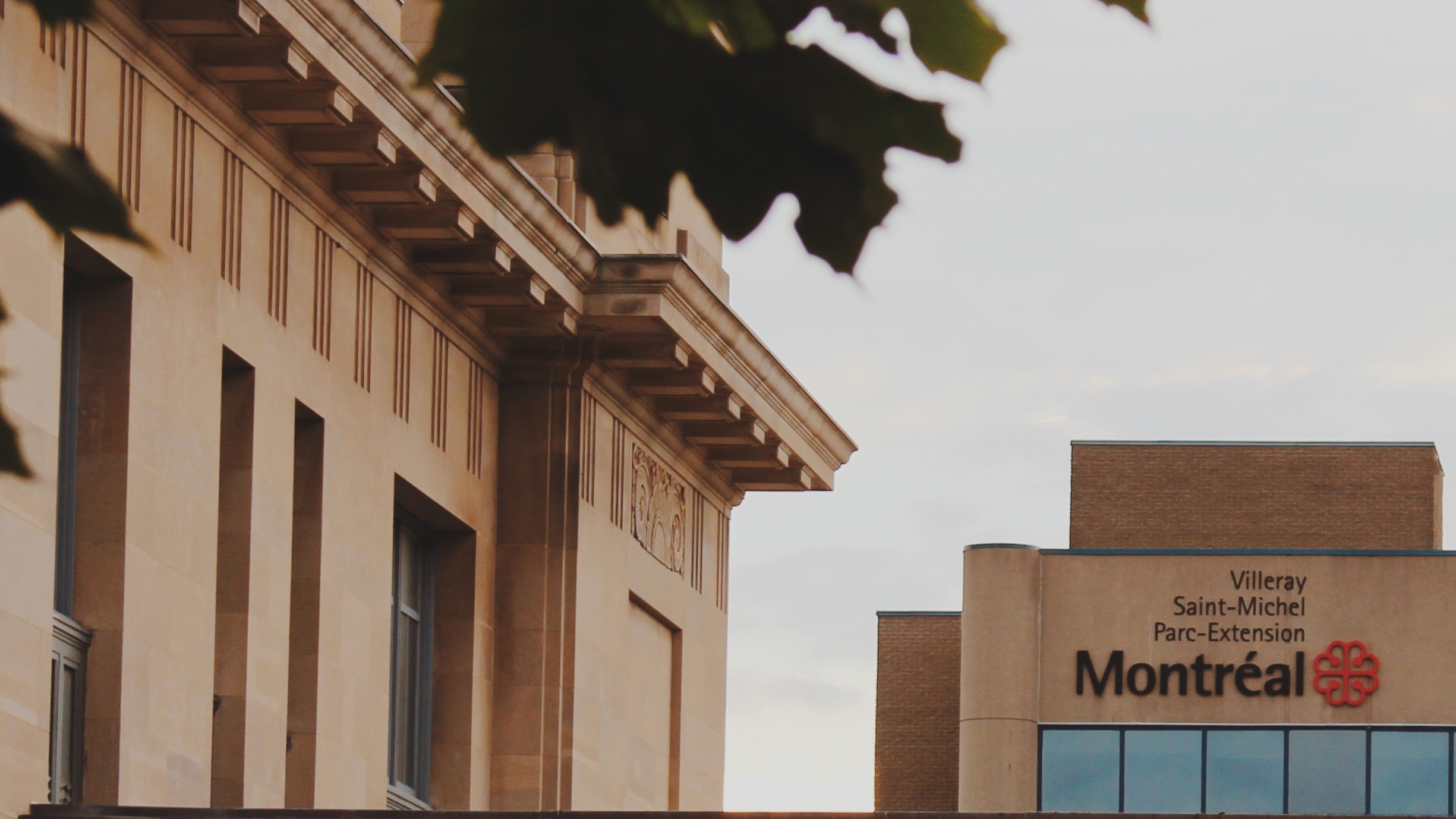The Public Health Agency of Canada (PHAC) awarded a $10,000 grant to Tammy Xuan Bui, MScPH ‘21, and Nehal Islam, a current McGill medical student and MSc ‘21 on June 7. The funds will go toward implementing the duo’s community-based proposal called WeCanVax—an initiative that seeks to increase diverse communities’ vaccine confidence.
Since the launch of WeCanVax, research has shown that the vaccination rate in Parc-Extension—76.8 per cent—exceeded Montreal’s vaccination rate—74.6 percent—as of September. Bui and Islam worked alongside Dr. Ananya Banerjee, assistant professor in McGill’s Department of Epidemiology, Biostatistics, and Occupational Health (EBOH), to receive the Vaccine Community Innovation Challenge award.
“It is very rare for masters students to take an assignment and submit it for funding, but I [told Bui and Islam that they should] try it,” Banerjee said. “And lo and behold, they were awarded $10,000.”
WeCanVax operates in the Parc-Extension (Parc-Ex) borough—a low-income neighbourhood inhabited by many immigrants and other racialized communities—where vaccination rates have been low. Banerjee explained that the campaign put up posters around the neighbourhood that feature Parc-Ex community members in an effort to promote residents’ confidence in getting the COVID-19 vaccine.
“[When] you walk around Parc-Extension and you see residents on the posters saying why they got vaccinated and why it is important, in multiple languages […] it puts confidence in the community,” Banerjee said. “[Unvaccinated people] are walking by and they see pictures of their neighbours saying things like ‘I got vaccinated to protect my children’ or ‘I got vaccinated so I can travel back to India to see my parents’ […] that is huge, and it helps to change people’s mindsets.”
WeCanVax also maintains a strong social media presence. Bui said that Facebook in particular was important for WeCanVax, as it allows the initiative to foster a deeper connection with the community.
“Facebook is really interesting, because a lot of the community groups in Parc-Ex actually operate mainly on Facebook,” Bui said. “So what’s really nice is if I wanted to share something that we are doing, maybe a poster, I would post it on a group of theirs called ‘ParcEx Action Squad’ […] where the community of Parc-Ex comes together online.”
The grant money—as well as an additional $15,000 awarded to the project by the EBOH—has helped create outreach opportunities, such as WeCanVax’s new initiative that encourages young people to create TikTok videos or to submit a picture about why getting the vaccine is important to them. The creators of the top-three submissions will get the opportunity to attend National Basketball Association and Toronto Raptors star Chris Boucher’s basketball camp.
Islam and Bui feel that the WeCanVax initiative has helped create important changes in a borough where vaccination rates have been low. Islam was careful to note, however, that vaccine hesitancy was not the main reason for low vaccination rates.
“Going in beforehand, we had access to a whole bunch of different media articles saying that there was a large amount of vaccine hesitancy [in Parc-Ex] and that people in this community did not want to get vaccinated,” Islam said. “But what we really came to realize is that it was more of an issue about access to the vaccine. [I]t is really important to recognize these challenges and barriers that stand in the way of people easily receiving the vaccine.”
By working closely with the Parc-Ex community, Bui and Islam hope to establish trust with the people whom WeCanVax aims to benefit.
“We allowed [the project] to be really dynamic, so working with the community to understand [their needs] and to strengthen their own community at the same time,” Islam said. “Allowing community members to have a say in which way we oriented our project made it more effective overall and allowed us to be really warmly received by the community.”
Bui and Islam recently applied for another grant through the Canadian Institutes of Health Research (CIHR) to evaluate the impact that the initiative has had on the community.









